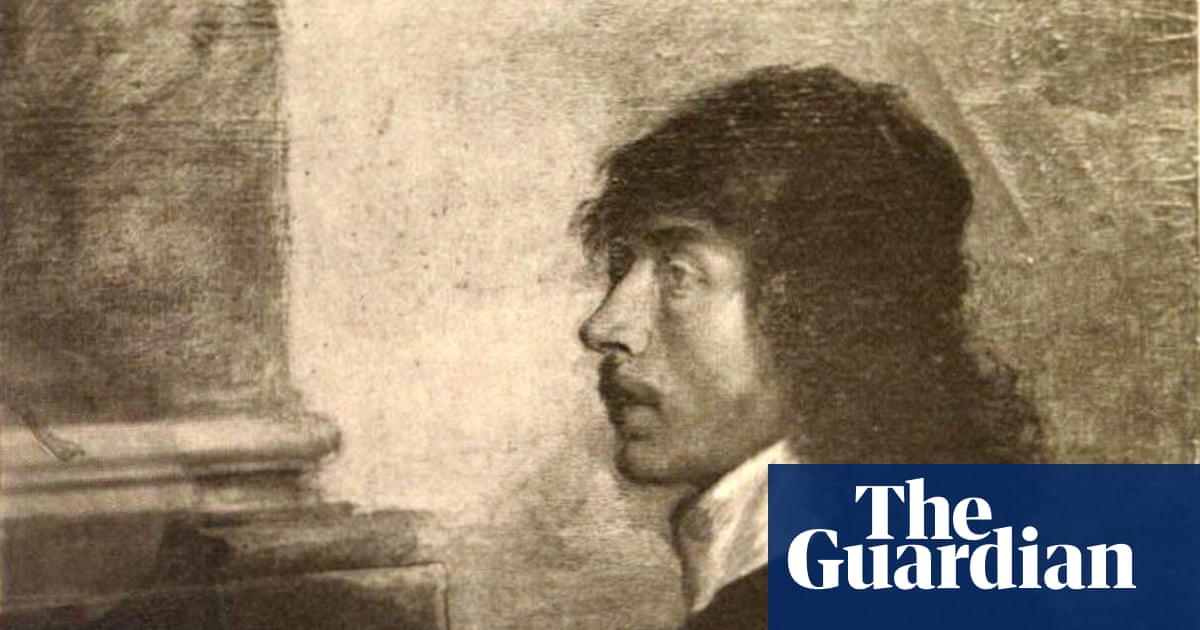
"Now you have freely given me leave to love, What will you doe? Shall I your mirth, or passion move, When I begin to wooe; Will you torment, or scorn, or love me too? Each petty beauty can disdain, and I Spight of your hate Without your leave can see, and dye; Dispense a nobler Fate! 'Tis easy to destroy, you may create."
"Not with designe To raise, as Loves cursed rebels doe When puling Poets whine, Fame to their beauty, from their blubber'd eyne. Grief is a puddle and reflects not clear Your beauty's rayes; Joyes are pure streames, your eyes appear Sullen in sadder layes, In cheerfull numbers they shine bright with prayse. Which shall not mention to express you fayr Wounds, flames, and darts, Storms in your brow, nets in your hayr, Suborning all your parts, Or to betray, or torture captive hearts."
The speaker asks for permission to love and questions whether the beloved will respond with mirth, passion, torment, scorn, or reciprocal love. The speaker contrasts petty beauties who disdain with a desire for a nobler fate: creation rather than destruction. The speaker rejects sorrowful whining and praises joy as the clearest mirror of beauty, insisting cheerful expression best displays the beloved's eyes. The speaker enumerates potent metaphors—wounds, flames, darts, storms, nets—to convey how the beloved ensnares hearts. The speaker pledges to magnify the beloved's features with rich poetic images and offers reciprocal pleasure if the beloved unlocks mutual affection.
Read at www.theguardian.com
Unable to calculate read time
Collection
[
|
...
]